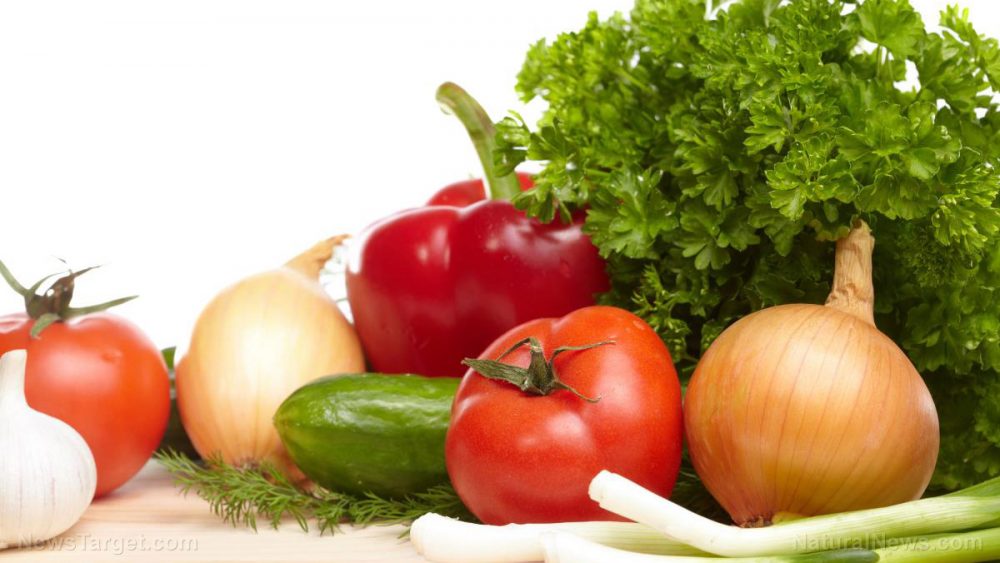
Advertisement
When you get home after buying groceries, do you automatically refrigerate most of the items you’ve bought, only to find that some of the vegetables have gotten bad after several days?
Your fridge does significantly extend the shelf life of many food items, but certain kinds of products and produce will only get bad faster if you keep them refrigerated.
To prevent food spoilage, stop refrigerating the six items listed below.
Bread
Keeping a whole loaf of bread in the fridge may prevent it from molding too quickly, but this also dries it out.
Leave bread out on your countertop to retain its ideal flavor and texture. If you want to store bread that you’re going to eat later, cover it in plastic wrap to keep all the moisture inside then put it in the freezer.
When you’re ready to eat the frozen bread, let it thaw. If you only need several slices, get what you need then toast it while it’s still frozen.
Honey
Refrigerating honey will make it harder to pour from the bottle after it gets cold. Keeping honey in your fridge will also make it seize up and crystallize.
It’s safe to store honey in your pantry as long as it’s kept sealed when it’s not being used.
Onions
Onions will become moldy and mushy if you refrigerate them. To keep onions fresh, store them in a cool, dark area.
However, if you’re left with half an onion after you’re done cooking, store it in a plastic bag in the fridge. Use it as soon as possible so it doesn’t go to waste. (Related: Food storage tips and tricks for preppers.)
Potatoes
The starch in refrigerated potatoes breaks down, and this gives them a gritty texture and an unpleasant sweet taste. To keep potatoes fresh, store them in a cool, dark place.
Tomatoes
Chilling tomatoes gives them a lackluster flavor similar to tomatoes bought mid-winter. Refrigerated tomatoes also have a mealy texture.
Instead of storing tomatoes in your fridge, keep them at room temperature on your countertop and away from sunlight. If you have tomatoes that are about to go bad, make a batch of marinara sauce so they can last longer without sacrificing the flavor.
Winter squashes
Squashes in season during the winter months will last much longer if you don’t keep them in the refrigerator. Varieties such as acorn, butternut, delicata, and spaghetti squash can be stored at room temperature for about several weeks.
Additional food storage tips
Here are more suggestions to prevent spoilage of various food items in your fridge.
- Clean your fridge at least once a week. Throw away or compost questionable foods to avoid food poisoning.
- Keep your refrigerator below 40 F. At this temperature, bacteria that cause food spoilage will grow slowly. Get a refrigerator thermometer so you can check that your fridge is always at the right temperature.
- Wrap the food that you’re storing in your fridge or store them in tightly covered containers. Leave food in its original store wrapping. If the package is torn, used sealed storage containers to prevent moisture loss and odor absorption.
- Store foods quickly and never keep perishable foods at room temperature longer than two hours.
- Don’t overload your refrigerator. Cold air needs room to circulate.
- If the food in your fridge is moldy, throw it away in a sealed bag so the mold spores don’t spread. Check other items that the moldy food may have touched because mold spreads quickly on fruits and vegetables.
See Grocery.news for more news stories about groceries and food.
Sources include:
Advertisements







